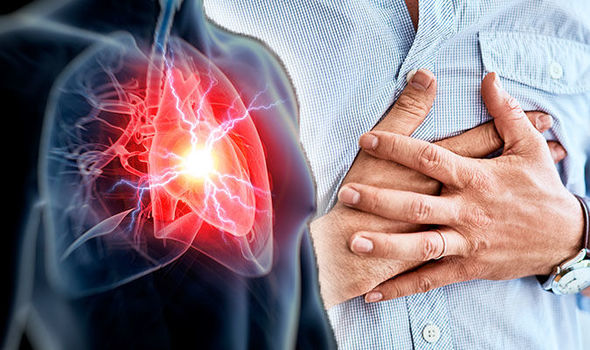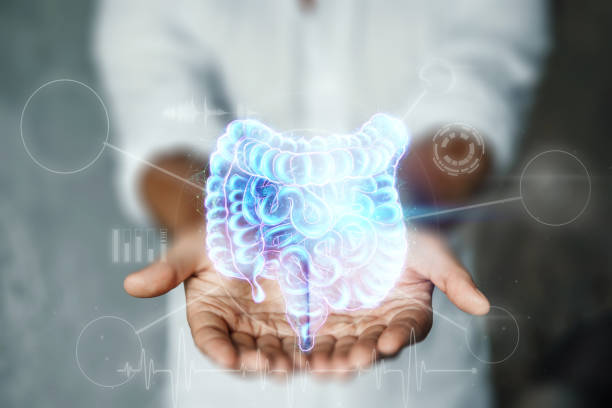Heart Attack Symptoms Two Days Before: Recognizing Early Warning Signs
Heart Attack Symptoms Before 2 Days: Before a heart attack, our body starts giving messages
Heart attacks, or myocardial infarctions, often conjure images of sudden, intense chest pain and immediate medical emergencies. However, many heart attacks are preceded by subtle symptoms that manifest days or even weeks in advance. Recognizing these early warning signs, especially those that appear two days prior, can be crucial for timely intervention and potentially life-saving treatment.
Understanding the Onset of Heart Attacks
A heart attack occurs when blood flow to a part of the heart is blocked, usually by a blood clot, leading to damage or death of heart muscle tissue. While some heart attacks are sudden and intense, others begin slowly with mild pain or discomfort. In many cases, the body sends warning signals days before the actual event.
Common Symptoms Two Days Before a Heart Attack
1. Unusual Fatigue
Experiencing unexplained, persistent fatigue is a common early sign. This isn’t typical tiredness but a profound exhaustion that isn’t relieved by rest.
2. Chest Discomfort
- Shortness of Breath
Often occurs without chest discomfort. - Nausea and Vomiting
More prevalent among women experiencing a heart attack. - Extreme Fatigue
Sudden, severe fatigue can be an early warning sign.
Risk Factors to Consider
Several factors can increase the likelihood of experiencing a heart attack:
- Age
Men over 45 and women over 55 are at higher risk. - Family History
A family history of heart disease can increase risk. - High Blood Pressure and Cholesterol
These conditions can damage arteries over time. - Smoking
Tobacco use significantly raises heart attack risk. - Diabetes
High blood sugar levels can damage blood vessels. - Obesity
Excess weight forces the heart to work harder. - Sedentary Lifestyle
Lack of physical activity contributes to heart disease.
When to Seek Medical Attention
If you experience any of the aforementioned symptoms, especially in combination, it’s crucial to seek medical attention immediately. Early intervention can prevent a full-blown heart attack and minimize heart damage.
Preventive Measures
To reduce the risk of a heart attack:
- Maintain a Healthy Diet
Focus on fruits, vegetables, whole grains, lean proteins, and healthy fats.
- Exercise Regularly
Aim for at least 150 minutes of moderate aerobic activity each week.
- Avoid Tobacco
Quit smoking and avoid secondhand smoke.
- Manage Stress
Practice relaxation techniques such as meditation, yoga, or deep breathing exercises.
- Monitor Health Metrics
Keep track of blood pressure, cholesterol levels, and blood sugar.
- Regular Check-ups
Visit your healthcare provider for routine screenings and assessments.
Are warning signs different for women than men?
Chest pain or pressure is the most common symptom of a heart attack, no matter your sex. It can feel like someone (or an elephant, to use a popular metaphor) is sitting on your chest.
But about 30% of women are more likely to experience less-obvious symptoms while having a heart attack, notes Dr. Tamis-Holland. That includes:
• Shortness of breath, fatigue and insomnia that started before the heart attack
• Pain in their back, shoulders, neck, arms or abdomen
• Nausea and vomiting
In addition, women are less likely to have that common chest pain feeling (particularly in the center of their chest) or indigestion-like discomfort.
These subtle signs are especially concerning given the heightened dangers that a heart attack brings to women. Research shows that women are more than twice as likely than men to die after a heart attack.
Know your heart attack risk factors
Certain conditions and lifestyle choices raise your risk for a heart attack. It’s best to be extra cautious if you experience vague heart attack symptoms and have:
• Obesity
• Diabetes
• A history of smoking
• A history of heart disease or previous heart attack
• High blood pressure or high cholesterol
• A family history of heart attacks
But know this, too: Anyone, no matter their age, sex or health status, can have a heart attack. In fact, heart attacks are on the rise among young people under the age of 40.
Conclusion
Heart attacks often don’t occur without warning. Recognizing the subtle signs that can appear two days prior is essential for timely medical intervention. By understanding these symptoms and taking proactive steps towards heart health, individuals can significantly reduce their risk and ensure better outcomes.




Post Comment